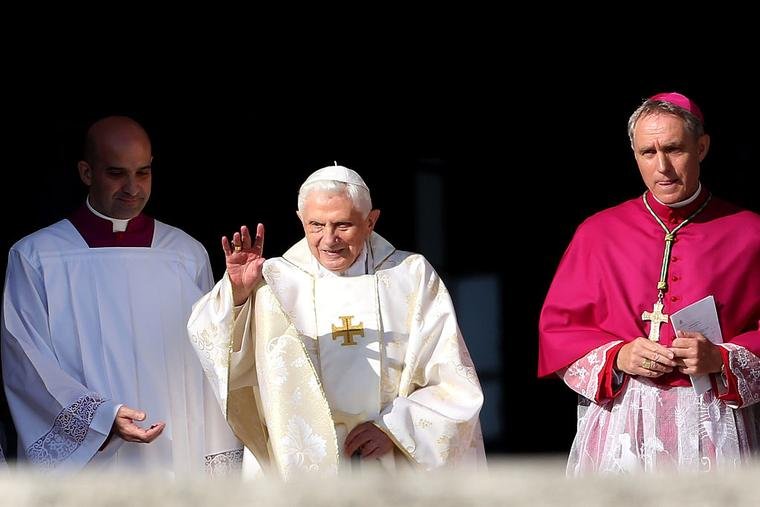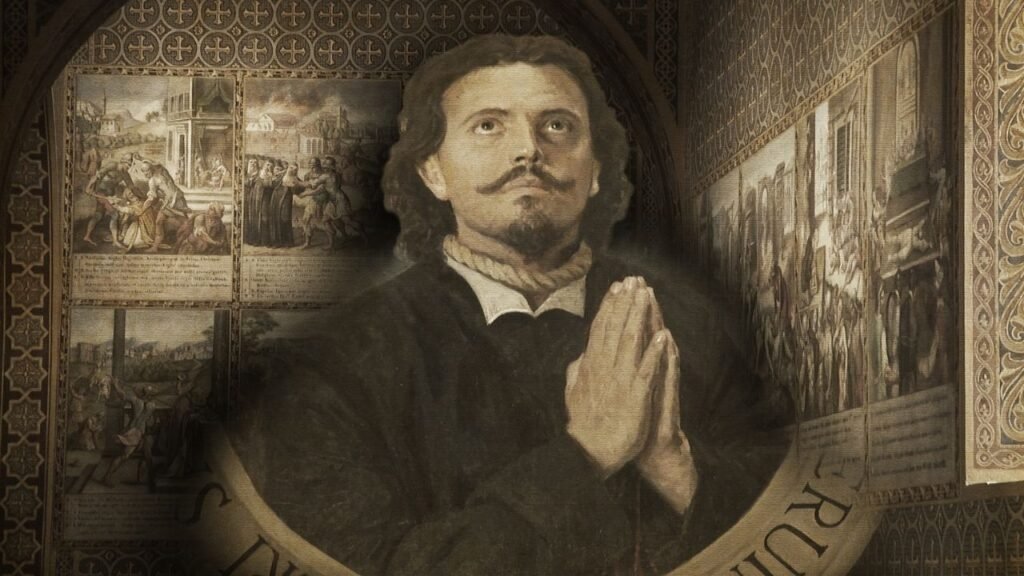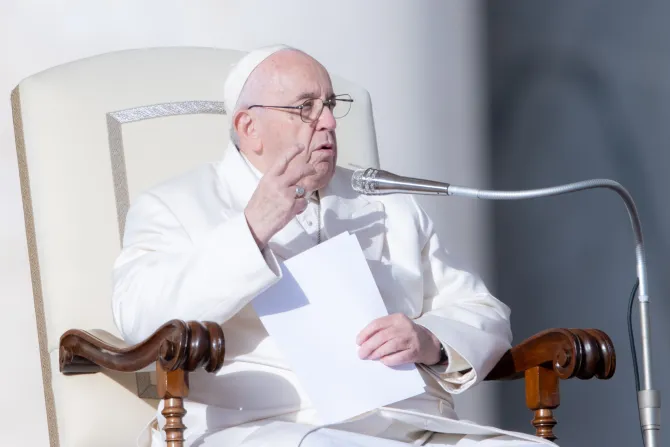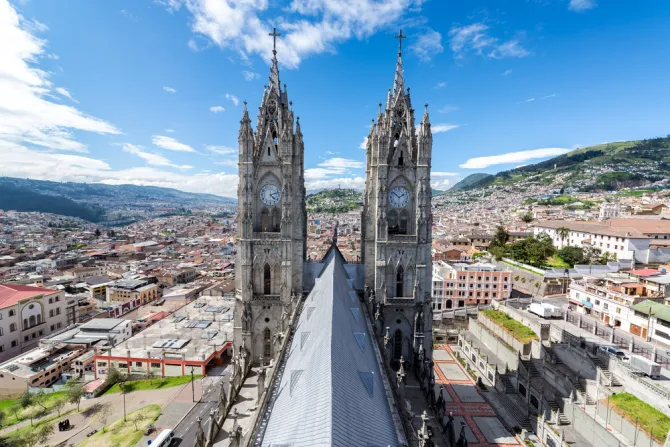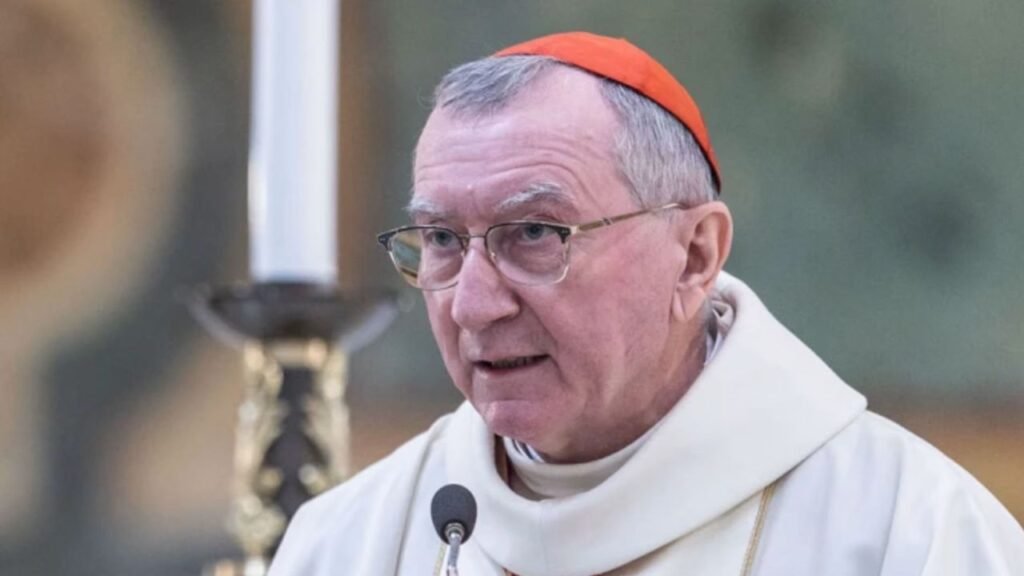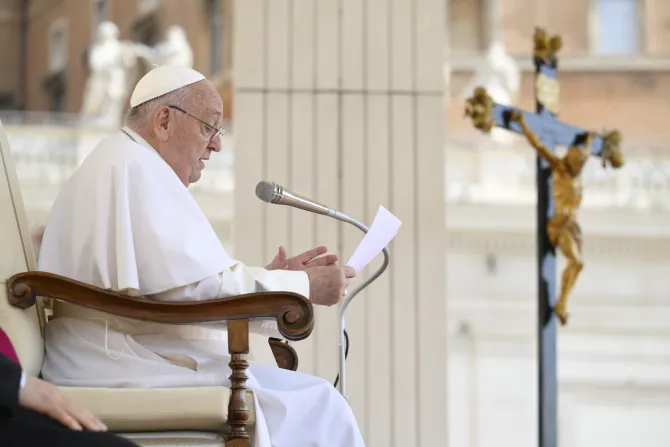Benedict XVI spoke on several occasions about the importance of forming oneself in the faith in order to live it and transmit it effectively to others.
Here are some of them:
1) “The summit of personal formation”
During the assembly “Family and Christian Community: Formation of the Person and Transmission of the Faith” held in Rome during the first year of his pontificate, Benedict XVI explained that the family and the Church are called to collaborate to fulfill the fundamental task of “the formation of the person and the transmission of the faith.”
He explained that education in the faith “is the summit of personal formation and its most appropriate horizon.”
Furthermore, he warned of the need to “overcome relativism in our work of forming people” and to “counteract its destructive predominance in society and culture.”
2) To avoid a superficial faith
In his speech to the Episcopal Conference of Mozambique in May 2007, Benedict XVI spoke about the relevance of faith formation in “catechesis of young people and adults, meetings, liturgy, with the necessary inculturation.”
“Without this profound formation, faith and religious practice would remain superficial and fragile, ancestral customs could not be imbued with a Christian spirit, souls would be upset by every sort of doctrine, sects would attract the faithful and distance them from the Church, respectful dialogue with other religions would be blocked by snares and risks,” he explained.
3) Useful for not falling into sects
In April 2006, Benedict XVI gave a speech to the bishops of Ivory Coast, in which he urged them to place emphasis on the formation of laypeople in the faith. In the same speech, the Pontiff praised the work of catechists, whom he invited to have a solid formation “that enables them to fulfill the mission entrusted to them, living their faith in a coherent way.”
“Deepening the faith is essential if they are to be able to resist returning to former practices, to stand up to the pressure of the sects, and especially, to account for Christian hope in a complex world that is experiencing new and serious problems,” he said.
4) The family is the first responsible for transmitting the faith
In 2007, the Pope explained during a speech at the inauguration of the works of the diocesan assembly of Rome that “in education and in the formation in the faith, the family has its own and fundamental mission and a primary responsibility.”
The Pontiff mentioned that, through their parents, the child experiences their first experience of love, which is “a reflection of the love that God feels for him.”
“That is why, between the Christian family, the small ‘domestic church,’ and the large family of the Church, closer collaboration must be developed, especially with regard to the education of children,” he reflected.
5) To live the baptismal commitments
During his speech to the bishops of Senegal in February 2006, Benedict XVI reminded them that “to live faithfully the baptismal commitments, each one must have a solid formation in the faith.”
In addition, he explained that these commitments imply “a break with the customs and habits of their past life, since the Gospel is a gift that is made to them, and that comes from above.”
To this end, the Pope asked that Christians return to the reading of the Catechism of the Catholic Church, because “it offers the faithful a renewed and secure exposition of the truths of the Catholic faith, allowing each one to clearly carry out gestures in accordance with the Christian commitment.”

